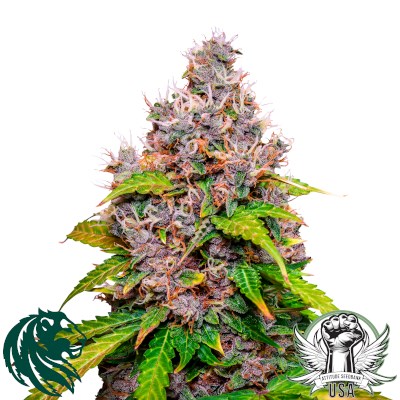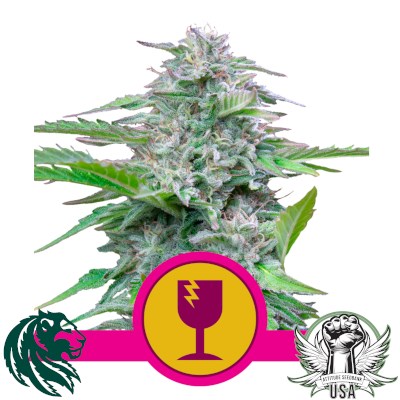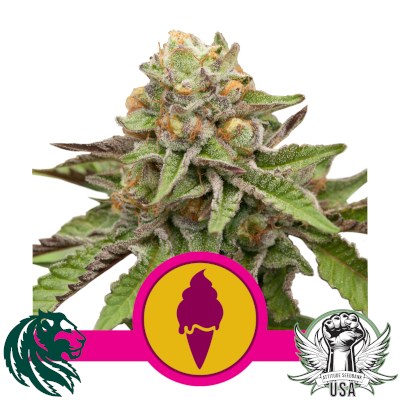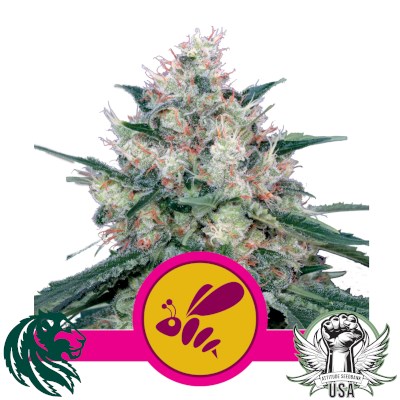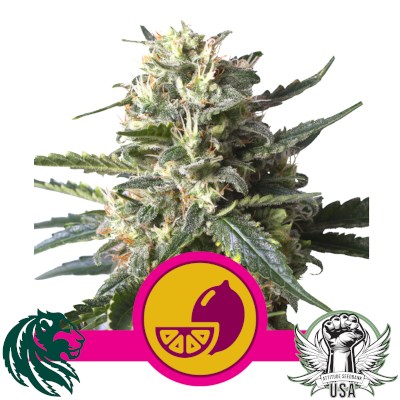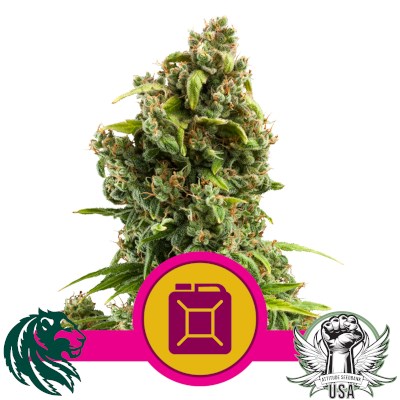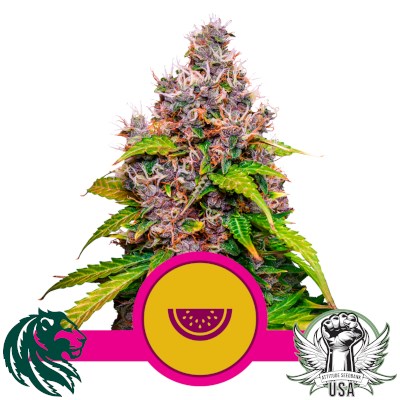
800-763-1315
Royal Queen Seeds Watermelon

 Add to Cart »
Add to Cart »
Genetics
Watermelon seeds from Royal Queen Seeds are bred from the Watermelon OG S1 lineage, combining 80% Indica and 20% Sativa genetics. This hybrid offers a balanced growth pattern that favors robust, compact plants with impressive resin production. The carefully selected genetics ensure stable growth and vibrant flavors that make Watermelon a standout strain for cultivators.
Flavor and Aroma
Watermelon seeds produce plants known for their intensely fruity flavor profile, capturing the fresh, sweet essence of ripe watermelon. The aroma is equally captivating, filled with pronounced fruity notes that create a refreshing and inviting scent. This strain’s terpene profile highlights the summertime sweetness, offering a sensory experience that is both pleasant and distinctive.
Appearance
Plants grown from Watermelon seeds develop dense, resin-coated buds that visually reflect their quality and genetic heritage. The flowers are tightly packed and often display rich green hues with occasional amber pistils. The overall appearance is typical of a hybrid with Indica dominance, showing a sturdy and bushy structure that supports heavy flowering.
Growth Characteristics
Watermelon seeds cultivate plants that perform well in both indoor and outdoor environments. Indoors, these plants reach heights between 80 and 130 cm and flower within 9 to 10 weeks. Outdoors, Watermelon plants can grow taller, reaching 150 to 200 cm by harvest time in October. The strain is known for its generous yields, producing around 450 to 500 grams per square meter indoors and comparable yields per plant outdoors.
Cultivation
Watermelon seeds are suitable for growers of various experience levels due to their adaptable nature and resilience. The strain responds well to common training techniques, enabling growers to maximize yield and bud quality. Whether cultivated indoors or outdoors, Watermelon reliably produces dense, resinous buds that retain their fruity character throughout the growth cycle.
Climate
Watermelon thrives in temperate to warm climates, where it can fully develop its aromatic and flavor profiles. Its flexibility allows it to adapt to diverse growing conditions, making it a dependable option for many regions.
- Genetics: Watermelon OG S1
- Sex: Feminized
- Flowering: Photoperiod
- Type: Mostly Indica
- Flowering Time: 63 - 70 days
- Height: Medium
- Area: Indoor & Outdoor





